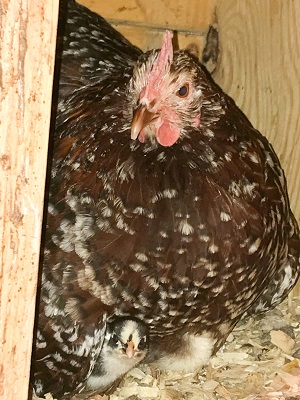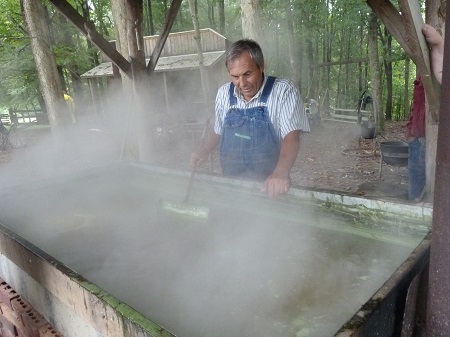Lipstick on a Pig
 We can put lipstick on a pig, but it is still a pig.
We can put lipstick on a pig, but it is still a pig.
Lipstick on a pig means we try to make something look better than it is.
- A pretty plate does not make bad food taste good.
- Fresh paint on a falling-down house does not make it safe.
- A new building does not make a failing business succeed.
Change must occur inside as well as outside.
- Cook better food to go on that pretty plate.
- Repair the house and then paint it.
- Change how the business in that new building operates.
Lipstick on a pig fools few people.
Often it fools no one.
- Quick fixes rarely last.
- Living high on the hog does not make us successful.
- Acting high and mighty does not give us power.
Only true change makes a difference.
An improved appearance may make us feel better for a while. However, we must tackle the real problems for lasting change.
“Don’t copy the behavior and customs of this world, but be a new and different person with a fresh newness in all you do and think. Then you will learn from your own experience how his ways will really satisfy you” (Romans 12:2 TLB).
Thanks to Frank Cheatham for the suggestion.
Do you have an expression you want explained? If so, please comment below.
Subscribe to receive my weekly posts by email and receive a free copy of “Words of Hope for Days that Hurt.”
If you enjoyed this post, please share it with your friends.
 Recently a cousin wrote, “Our roots run deep and are closely intertwined.” She meant our family has a long and strong history of close relationships. We may not see one another often, but our ties remain. We can depend on mutual love and support.
Recently a cousin wrote, “Our roots run deep and are closely intertwined.” She meant our family has a long and strong history of close relationships. We may not see one another often, but our ties remain. We can depend on mutual love and support. To push the envelope has nothing to do with cards and letters or their containers. It refers more to math and airplanes.
To push the envelope has nothing to do with cards and letters or their containers. It refers more to math and airplanes. We cannot sleep. We cannot eat, or we eat too much. We wring our hands until the skin almost comes off.
We cannot sleep. We cannot eat, or we eat too much. We wring our hands until the skin almost comes off. When a storm approaches, a mother hen gathers her baby chicks under her wing. She wants to keep them safe.
When a storm approaches, a mother hen gathers her baby chicks under her wing. She wants to keep them safe. When we sleep in a room with thin walls, we don’t want noisy neighbors. If those neighbors live in the room above us, we often wait for the next shoe to drop.
When we sleep in a room with thin walls, we don’t want noisy neighbors. If those neighbors live in the room above us, we often wait for the next shoe to drop. If anything is plumb, it is perfectly straight.
If anything is plumb, it is perfectly straight.  A plumb line helps measure whether anything is straight or plumb.
A plumb line helps measure whether anything is straight or plumb.  As a little girl, I loved to visit relatives who had a well with a bucket. The bucket was tied to the end of a rope. To get water, we had to:
As a little girl, I loved to visit relatives who had a well with a bucket. The bucket was tied to the end of a rope. To get water, we had to: I have been told I am as slow as molasses. I have also been told I go too fast. I suppose my speed depends on what I do.
I have been told I am as slow as molasses. I have also been told I go too fast. I suppose my speed depends on what I do. Pouring molasses is also a slow process.
Pouring molasses is also a slow process. On my first trip to Cañon City, Colorado, my husband and I walked across the nearby Royal Gorge Bridge. Several people use that bridge as a jumping-off place. They bungee jump from the highest bridge in the United States.
On my first trip to Cañon City, Colorado, my husband and I walked across the nearby Royal Gorge Bridge. Several people use that bridge as a jumping-off place. They bungee jump from the highest bridge in the United States.